Bonsai Tree Species
There exists a vast array of tree species suitable for Bonsai cultivation, each offering unique characteristics and challenges. However, among the multitude of options available, several varieties have emerged as particularly favored by enthusiasts and practitioners of this ancient art form.
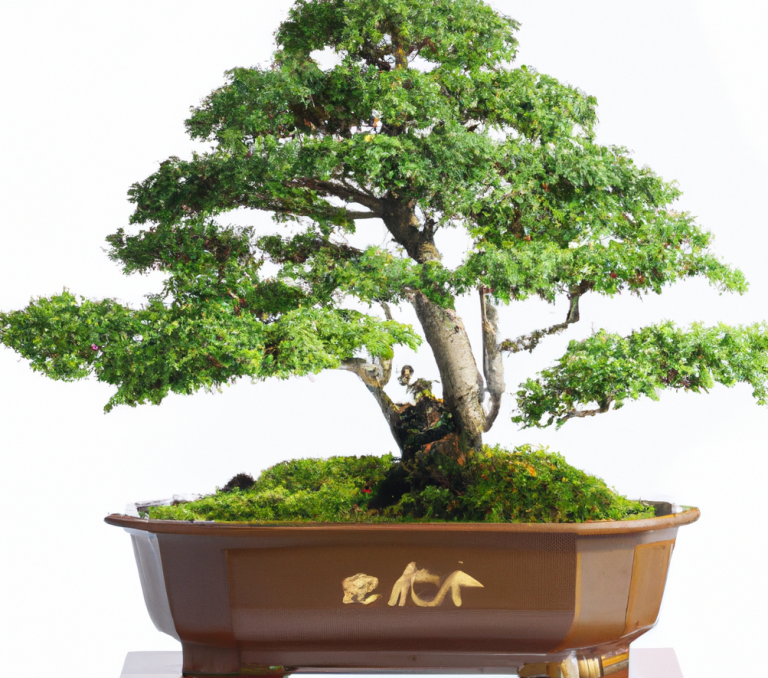
Juniper Bonsai
Juniper bonsai trees are one of the most popular species. These trees have beautiful needle-like foliage and can be trained into different shapes and styles. Juniper bonsai thrive in outdoor conditions and require regular pruning and shaping to maintain their compact size and graceful appearance.
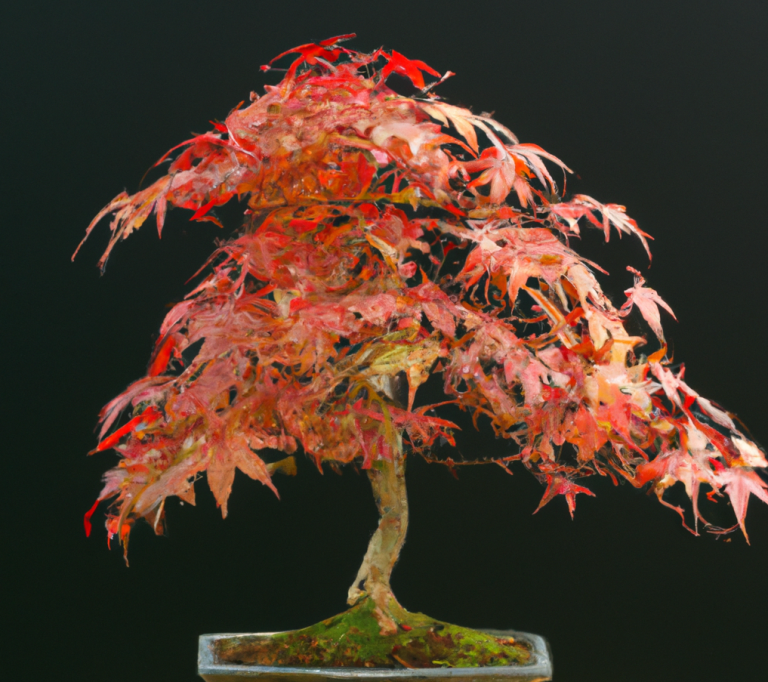
Maple Bonsai
Maple bonsai trees are known for their vibrant autumn colors and distinctive leaf shapes. They are ideal for enthusiasts who appreciate the changing seasons and want to bring a touch of nature indoors. Maple bonsai require a balance of sunlight and shade, regular watering, and occasional pruning to maintain their health and beauty.
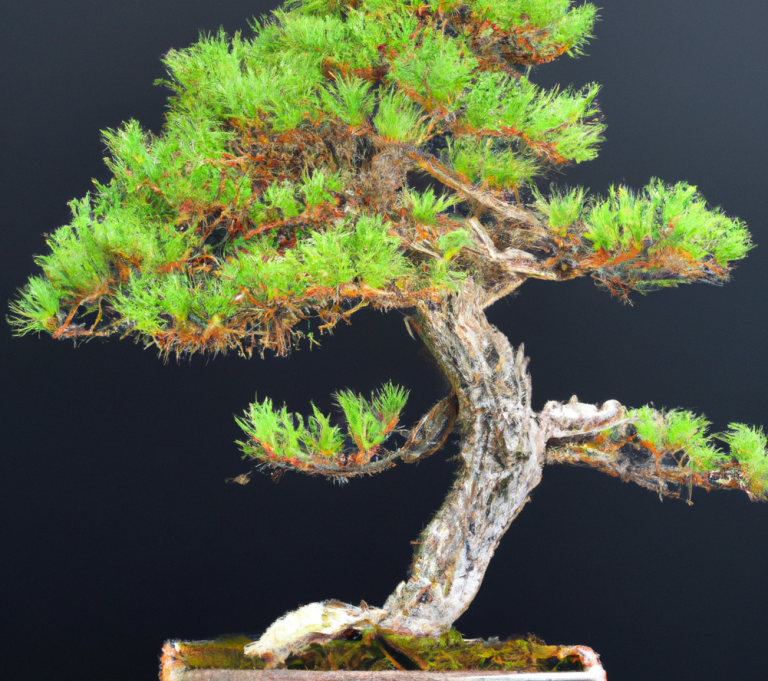
Pine Bonsai
Pine bonsai trees are elegant and majestic, with long needles and rugged bark. They symbolize longevity and resilience, making them a popular choice among bonsai collectors. Pine bonsai thrive in outdoor environments and require specific care, including proper watering, fertilization, and protection from extreme weather conditions.

Ficus Bonsai
Ficus bonsai trees are tropical plants that are favored for their glossy leaves and aerial roots. These bonsai can be grown both indoors and outdoors, making them versatile and adaptable to different environments. Ficus bonsai require consistent temperature and humidity levels, regular pruning, and well-drained soil to thrive and flourish.
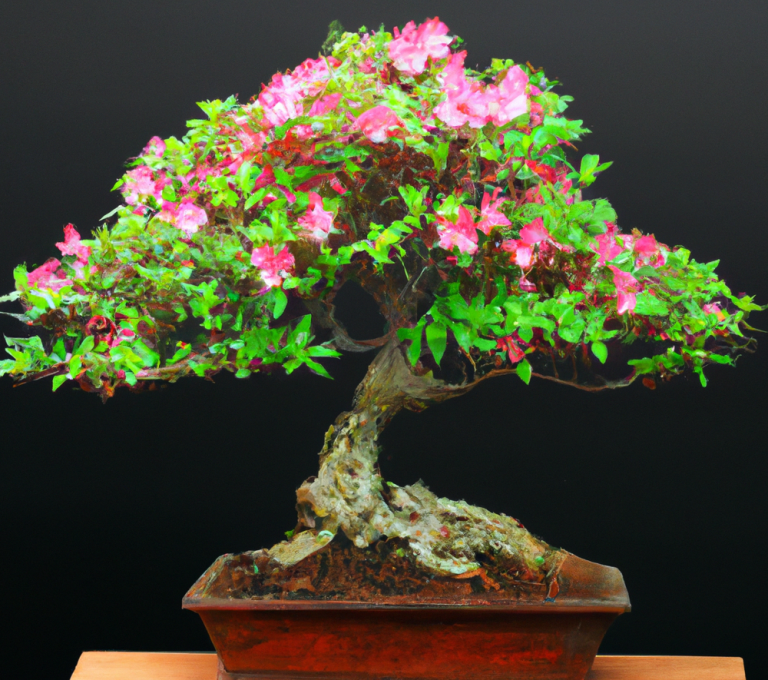
Azalea Bonsai
Azalea bonsai trees are prized for their stunning floral displays and vibrant colors. These delicate flowering bonsai require careful attention to lighting, watering, and temperature to ensure healthy growth and abundant blooms. Azalea bonsai are a favorite choice for bonsai enthusiasts who appreciate the beauty and elegance of blooming trees.
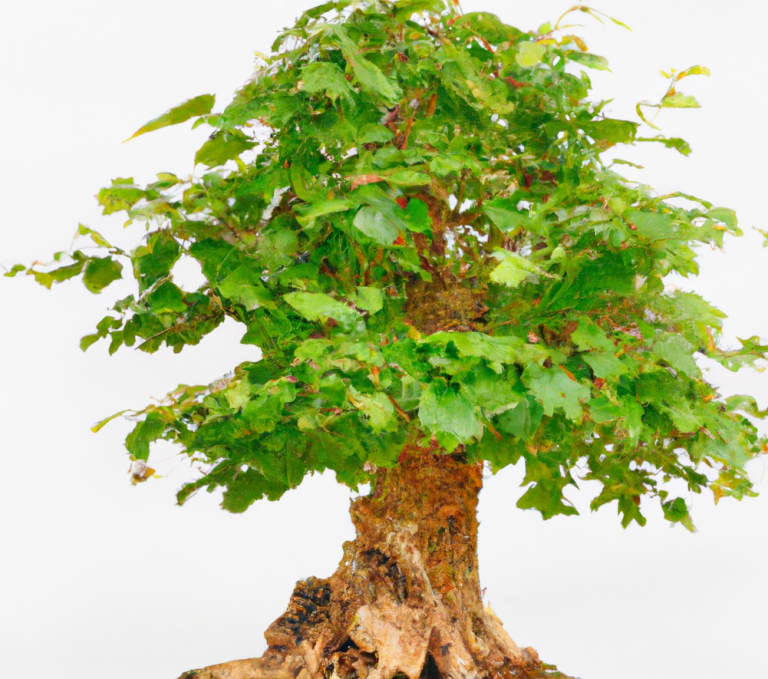
Elm Bonsai
Elm bonsai trees are known for their graceful and sweeping branches, creating a sense of tranquil beauty. These bonsai are resilient and can adapt to various climates, making them suitable for beginners and experienced growers. Elm bonsai require regular pruning and wiring to enhance their structure and create the desired aesthetic.
We need your consent to load the translations
We use a third-party service to translate the website content that may collect data about your activity. Please review the details and accept the service to view the translations.

